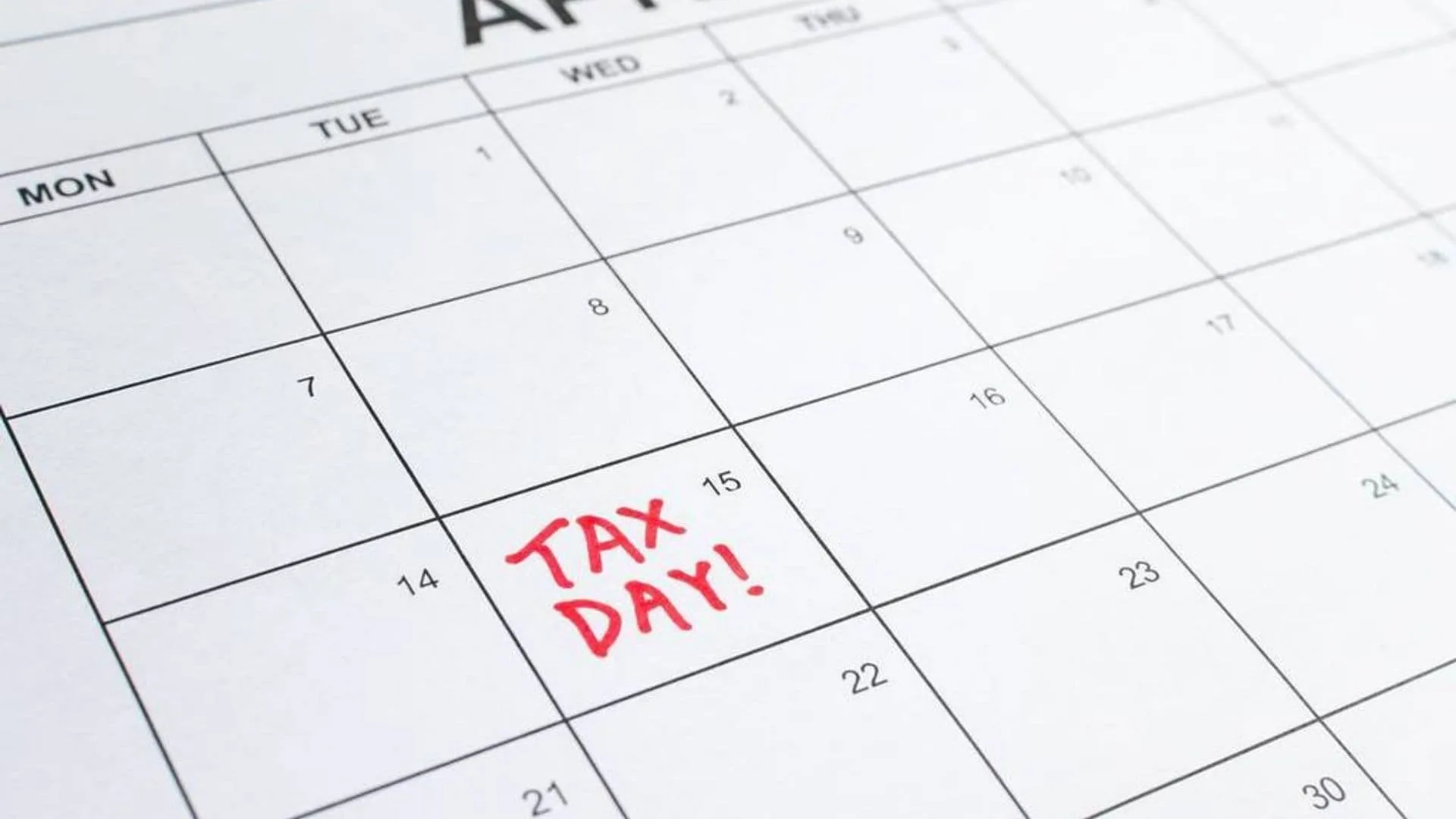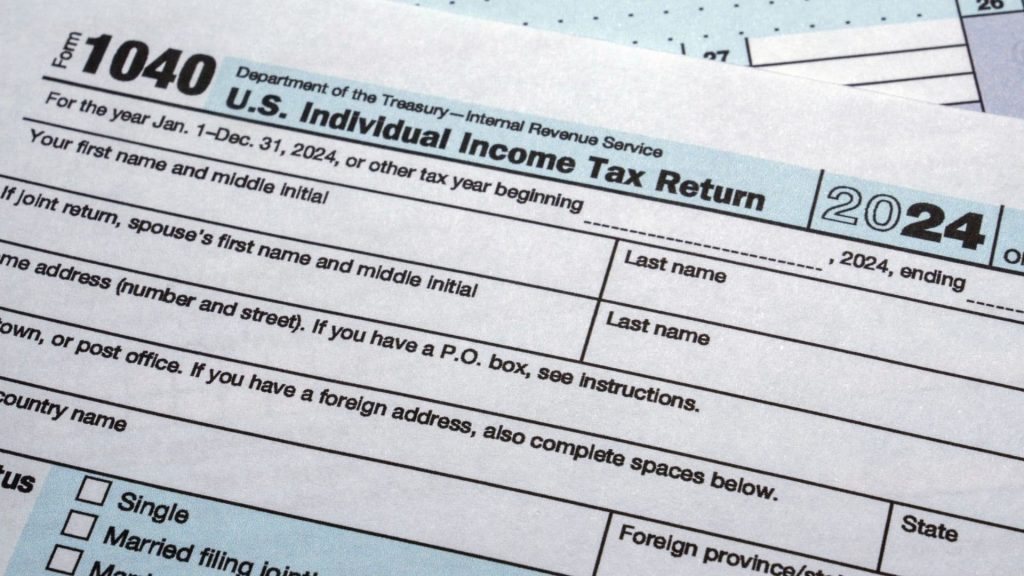
If you’re asking what happens if you file taxes late, you’re not alone-many taxpayers face this situation at some point. Filing taxes late can trigger a series of penalties and interest charges that add up quickly, affecting your finances more than you might expect. The IRS and other tax authorities impose a failure-to-file penalty, which is typically 5% of the unpaid tax owed for each month (or part of a month) your return is late, capped at 25%. On top of that, if you don’t pay your taxes by the due date, you’ll also face a failure-to-pay penalty of 0.5% per month on the unpaid amount, which can increase if you don’t act promptly. Interest compounds daily on any unpaid balance from the original due date until you pay in full. However, if you’re due a refund, there’s no penalty for filing late, but your refund will be delayed. This article covers everything you need to know about late tax filing-penalties, interest rates, how to avoid or reduce fees, and what steps to take if you miss the deadline.
The Failure-to-File Penalty Explained
The most significant penalty for late filing is the failure-to-file penalty. This penalty is calculated as 5% of your unpaid taxes for each month your return is late, up to a maximum of 25% of the total tax owed. For example, if you owe $1,000 and file five months late, you could face a $250 penalty. If your return is more than 60 days late, the IRS imposes a minimum penalty of $510 or 100% of the unpaid tax, whichever is less. The penalty stops accruing after five months, but other charges continue.
The Failure-to-Pay Penalty and Interest Charges
If you file your return but don’t pay the full tax owed by the deadline, you’ll face a failure-to-pay penalty of 0.5% per month on the unpaid amount, up to 25%. This rate increases to 1% if the IRS issues a levy notice and you still don’t pay within 10 days. Interest on unpaid taxes compounds daily and is based on the federal short-term rate plus 3%, adjusted quarterly. The longer you wait to pay, the more interest you accrue, so timely payment is crucial to minimize costs.

What If You File Late but Are Due a Refund?
Good news: if you’re owed a refund, the IRS does not charge penalties or interest for filing late. However, you must file within three years of the original deadline to claim your refund; otherwise, the money becomes the property of the U.S. Treasury. Filing late also delays your refund, so it’s best to submit your return as soon as possible.
How to Minimize Penalties and What to Do If You File Late?
If you realize you’re going to miss the deadline, consider filing for an extension, which gives you extra time to file (usually six months) but not to pay taxes owed. Paying as much as you can by the original deadline reduces penalties and interest. If you’ve already filed late and owe penalties, you may qualify for penalty abatement or relief if you have a reasonable cause, such as illness or natural disaster. Setting up a payment plan with the IRS can also help manage your tax debt without additional penalties.
Consequences Beyond Penalties
Filing late can also delay important processes like loan approvals, visa applications, or government benefits that require proof of tax compliance. In some countries, repeated late filing can lead to increased fines or legal action. Keeping your tax filings current protects your financial reputation and avoids unnecessary stress.

FAQs
Q: What is the penalty for filing taxes late?
A: The IRS charges 5% of unpaid taxes per month late, up to 25%, plus interest.
Q: Can I avoid penalties if I file late but pay on time?
A: Yes, filing late triggers penalties, but paying taxes owed by the deadline avoids failure-to-pay penalties.
Q: What if I’m owed a refund and file late?
A: No penalties apply, but your refund will be delayed and must be claimed within three years.
Q: How can I reduce penalties if I filed late?
A: You can request penalty abatement for reasonable cause or set up a payment plan to manage owed taxes.